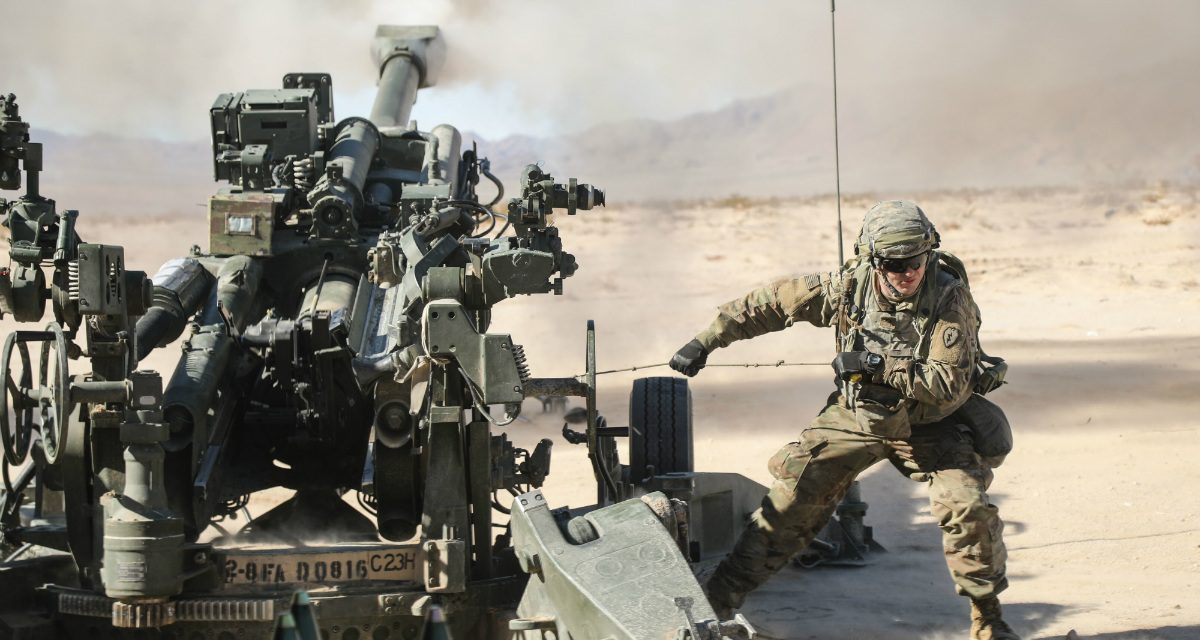By Abhijnan Rej
Earlier today, China released the latest iteration of its Defense White Paper. At a time when strategic competition between that country and the United States in the Indo-Pacific runs the risk of transforming into an outright adversarial relationship, the document has already been analyzed extensively by American experts on social media. From New Delhi’s perspective, the document is unlikely to raise alarm, with the 16 or so references to India in it being largely benign.
That said, one curious India-specific reference in the White Paper is that the PLA will “take effective measures to create favorable conditions for the peaceful resolution of the Donglang (Doklam) standoff.” The tense structure and phrasing of the sentence suggests that the tussle over Doklam is far from over, despite a simultaneous disengagement by both sides on technical terms in that area in August 2017.
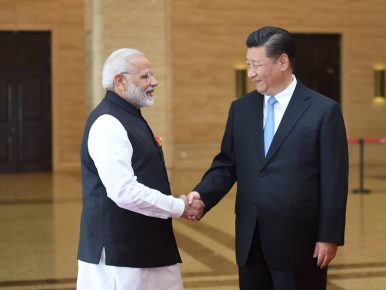


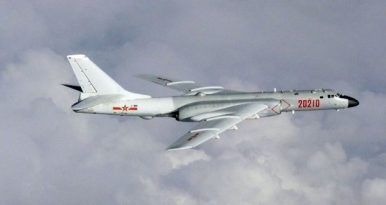
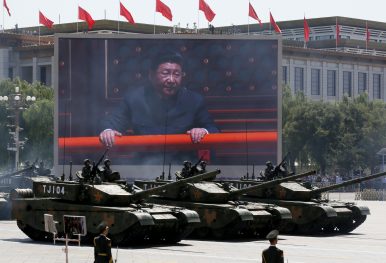


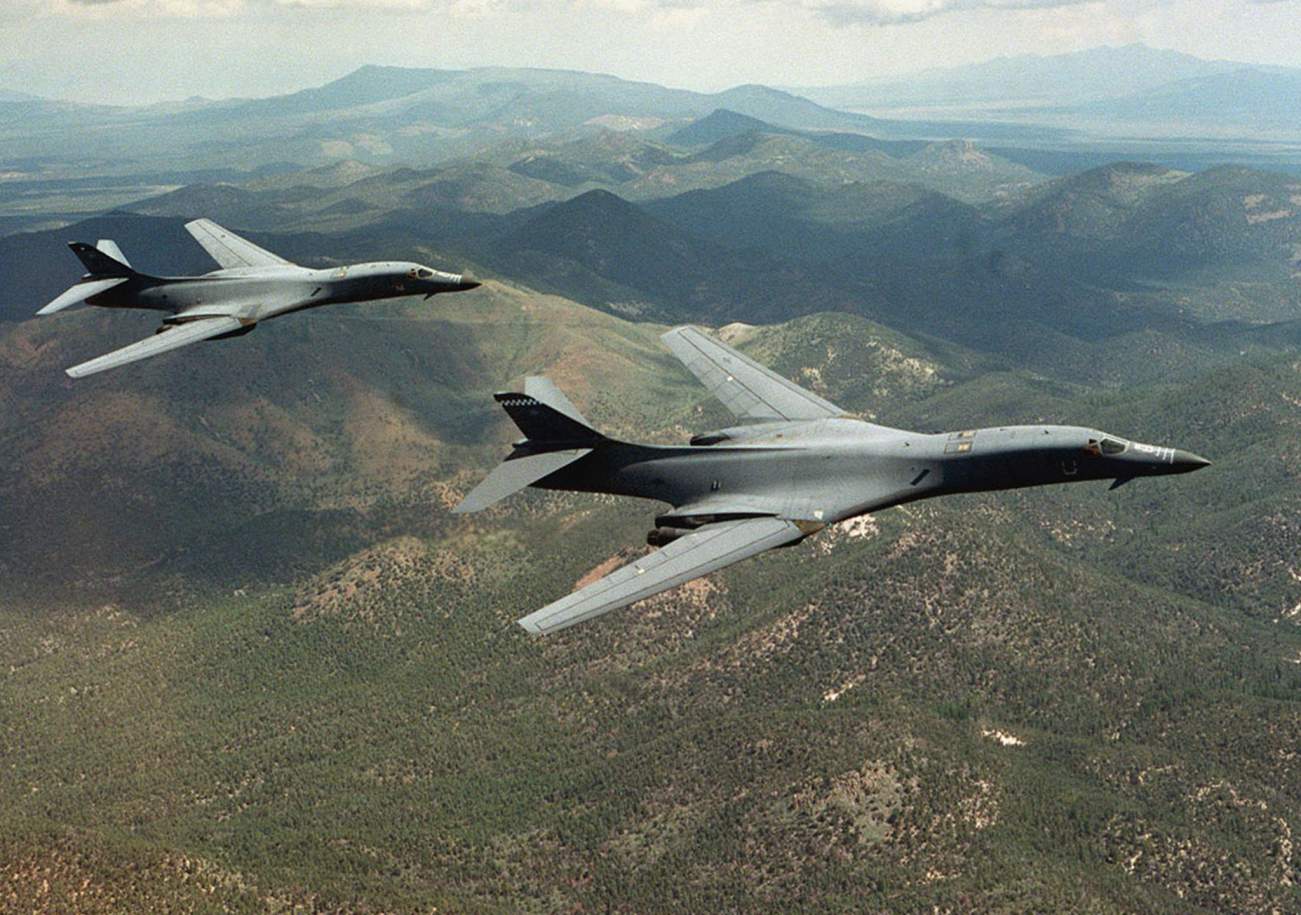










/arc-anglerfish-arc2-prod-mco.s3.amazonaws.com/public/TKTSFUJTNVDNLIMRBXRDP3AMSY.jpg)

